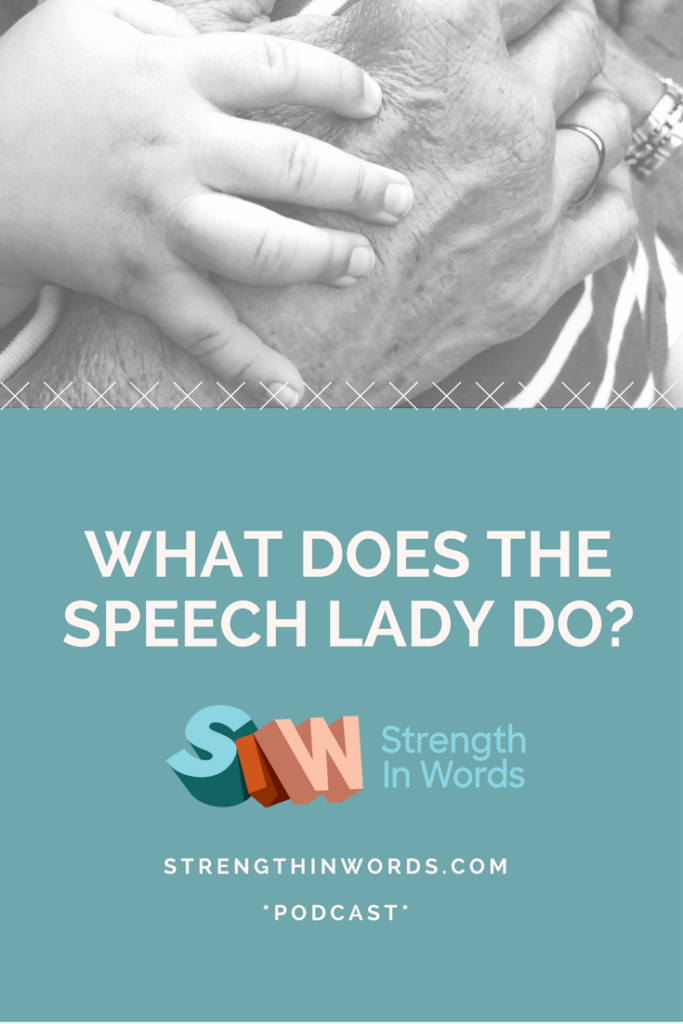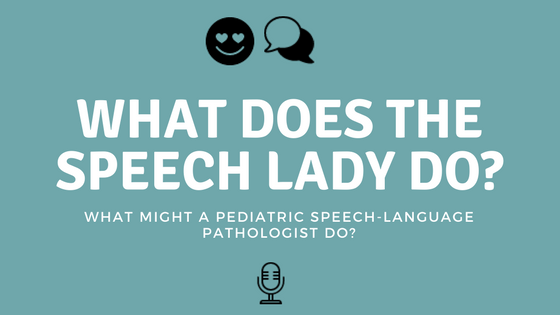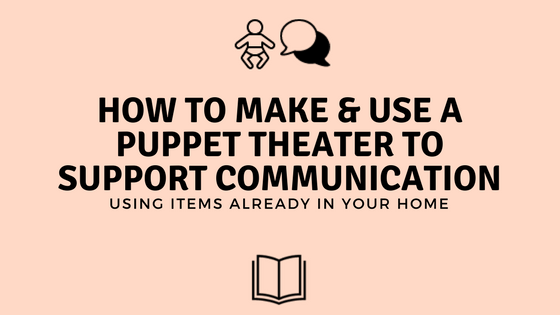The term “speech therapist,” for many of us, is a complete misnomer!

On this episode of Learn With Less, Ayelet shares a bit about what it is she does as a pediatric speech-language pathologist.
Below is the transcript of this episode’s “Developmental Thought,” a short excerpt from the full episode.
For additional information, music, play ideas and the complete interactive family experience, please listen to the entire episode.
As I mentioned earlier in our episode, today I wanted to introduce you to a new periodic “series” of focused interviews with professionals who work with children in many different ways, and for many different reasons. There are a lot of reasons I think this is important. Primarily, as you all know, parent education is one of my main objectives.
>>Don’t Miss Our Corresponding Blog Post!<<
I’d like to provide more education for families about the types of professionals that might work with young children, to bring light to some of the lesser understood but broadly used terminology out there, and to put certain myths or assumptions to rest.
Speech AND…
Today, I want to tell you just a little bit about what I do in my role as a speech-language pathologist. And yes, that term is, depending on where you are in the world and who you’re talking to, totally interchangeable with the title, “speech therapist.” The problem is that a lot of what my work personally entails has little to do with the actual motor activity of speech! It’s much more about language and communication!
I mentioned before that my personal specialty and background is with pre-verbal and non-verbal children… So although I do work on modeling specific sounds or words, most of what I work on is developing a young child’s vocabulary, understanding of words, ability to communicate socially through gesture and symbolic language, and developing different kinds of play which support thinking and using language flexibly.
Communication Therapist
I also work with people who cannot use speech as their primary form of communication. Think of a person with an underlying motor disorder, such as cerebral palsy, autism, or Rett syndrome, which makes fine motor tasks like speaking, and sometimes coordinating movement for signing, difficult.
Motor disorders often make many types of movement difficult, and sometimes mean that the child is not able to or delayed in their ability to walk, or even to move their arms or other parts of their body in ways that their brain wants it to. Sometimes the signal from the brain to the body is disrupted or skewed, or sometimes, completely interrupted.
For children like these, alternative methods of communication are often necessary. I help to determine what type of system is most appropriate for the child, how they might access it, and then how to obtain and train the child, family and the child’s community on how to use that system to acquire language.
Pathologizing
So, the term speech therapist for me is really a misnomer. I think many speech-language pathologists, especially who work more in a medical setting, are particular about the term “pathologist,” because we do so often work with medical pathologies. Often, the reason why someone needs therapy in the realm of speech, language, or communication is due to an underlying medical pathology… but I suppose that’s not always the case.
In early intervention, or the work focused on infants and toddlers up to the age of 3 years, there is not always a medical basis for a child’s delayed speech and language development. Sometimes it is about the child’s opportunities to interact meaningfully with a caregiver, sometimes it’s about a child’s access to their environment and to new experiences, and sometimes a child just needs a little extra time and focused attention.
Who Do YOU Want to Hear From?
I hope that shed a little bit of light on the field of speech-language pathology, and on my work in particular. Don’t hesitate to contact me if there is a type of professional out there who you would like to hear from (or if you yourself are a professional and would like to lend your voice and story to Learn With Less!).
You are welcome to email me at ayelet@strengthinwords.com.

